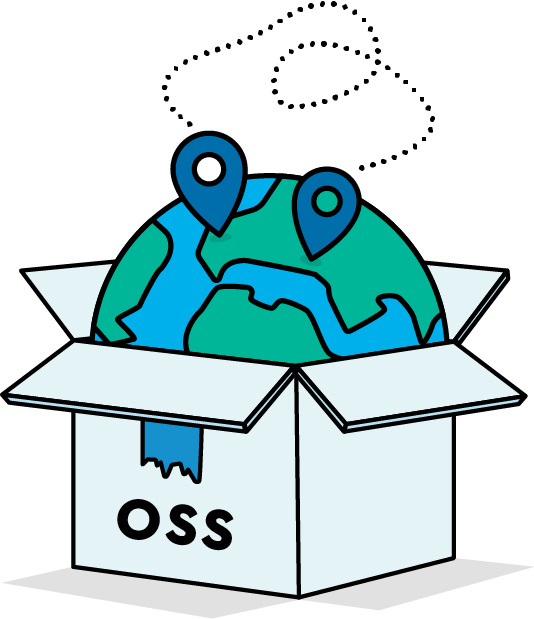
Everything you need to know about the One-Stop-Shop
Read our extensive white paper on the One-Stop-Shop and learn everything you need to know about the OSS itself, registration and regular use, as well as the scope and exceptions.
VAT reform in ecommerce
With the entry into force of the EU VAT reform 2021, cross-border B2C sales can now be reported centrally and in a standardised manner via the One-Stop-Shop (OSS).
However, all other transactions such as B2B sales or EU warehouse useage (e.g. within the framework of Amazon PAN-EU or CEE) must still be reported locally.
This creates the risk that transactions are not reported at all or even reported twice if the sales cannot be clearly identified and distinguished from each other.
Find out what needs to be considered when using the One-Stop-Shop and how Taxdoo can support you in our free white paper.
One-Stop-Shop – Rules and registration
For online merchants based in the EU, the national distance selling threshold of all EU countries have been discontinued since July 2021.
This is the most significant reform of the EU VAT reform, and it not only comes with simplifications for online merchants and tax consultants, but also a number of pitfalls.
In this free white paper, you can find all the information regarding the OSS for online merchants including:
- What can and cannot be reported via the OSS?
- When is local registration still required?
- How can you establish an efficient compliance structure
in the future?